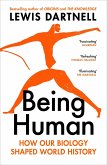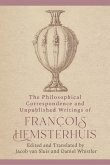The eco-philosophy, which can be described as the pursuit of harmonious coexistence with the ecological constraints of growth, originated in Norway during the period of rapid industrialisation following the Second World War. Given the prevailing economic circumstances in Norway at the time, the potential for utilising hydropower was viewed as a promising avenue for economic growth. The pursuit of expedient pathways to the establishment of a welfare state led to the construction of numerous dams in mountainous regions. In due course, the development came under criticism, with the author and lawyer Peter Wessel Zapffe noting the disappearance of waterfalls and the concomitant loss of the Norwegian mentality associated with them. Nevertheless, throughout the 1960s, the conservation movement was unable to present arguments that could match the compelling data presented by the proponents of the 'industrial growth society'. Three Norwegians were instrumental in developing these arguments: Chemical engineer Nils Faarlund made a significant contribution to the field of ecology, introducing the concept of 'change with joy'. Professor Arne Naess provided a philosophical foundation for thought and action, drawing upon the ethical and value-based principles espoused by Baruch Spinoza and the non-violence philosophy of Mahatma Gandhi. Additionally, Sigmund Kvaloy Setreng played a pivotal role in the advancement of political activism, civil disobedience campaigns and the development of theoretical frameworks for movements resisting the industrial growth society.
Bitte wählen Sie Ihr Anliegen aus.
Rechnungen
Retourenschein anfordern
Bestellstatus
Storno









